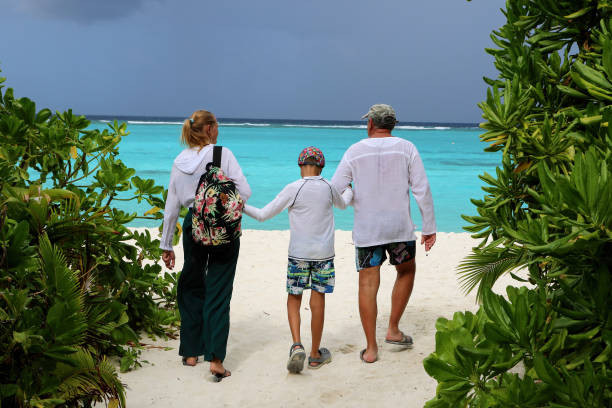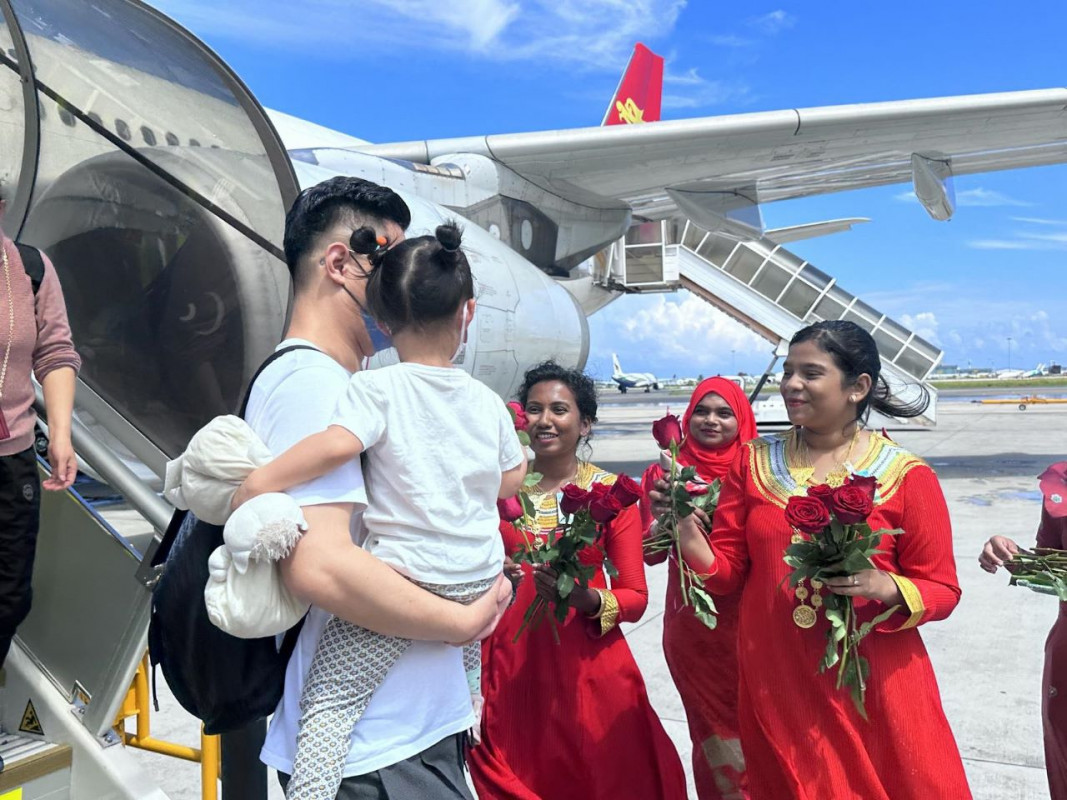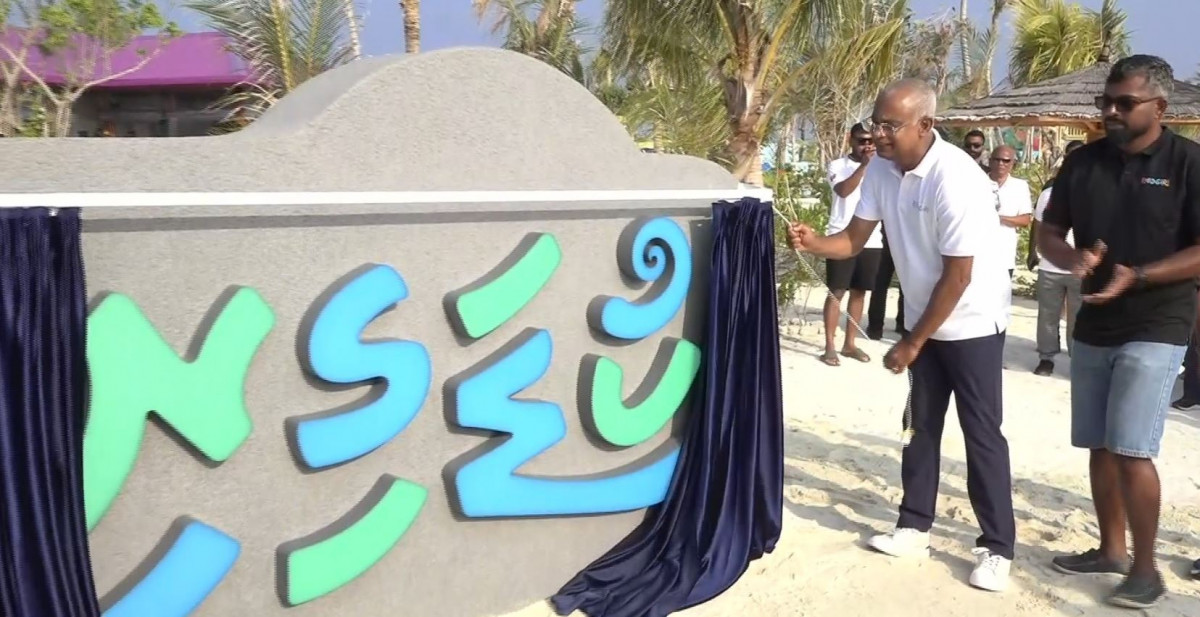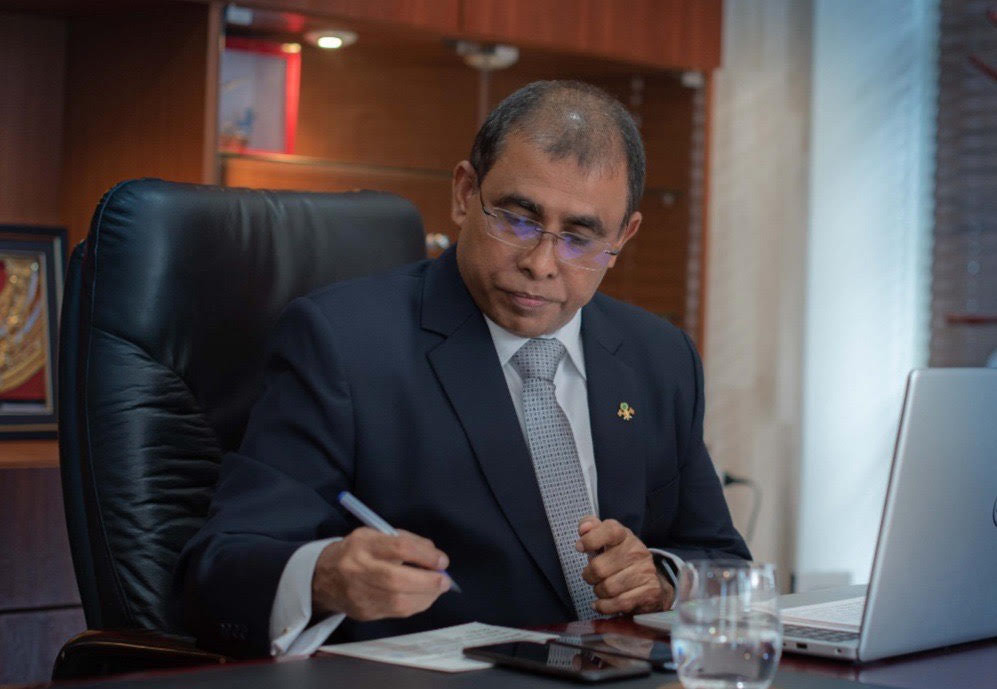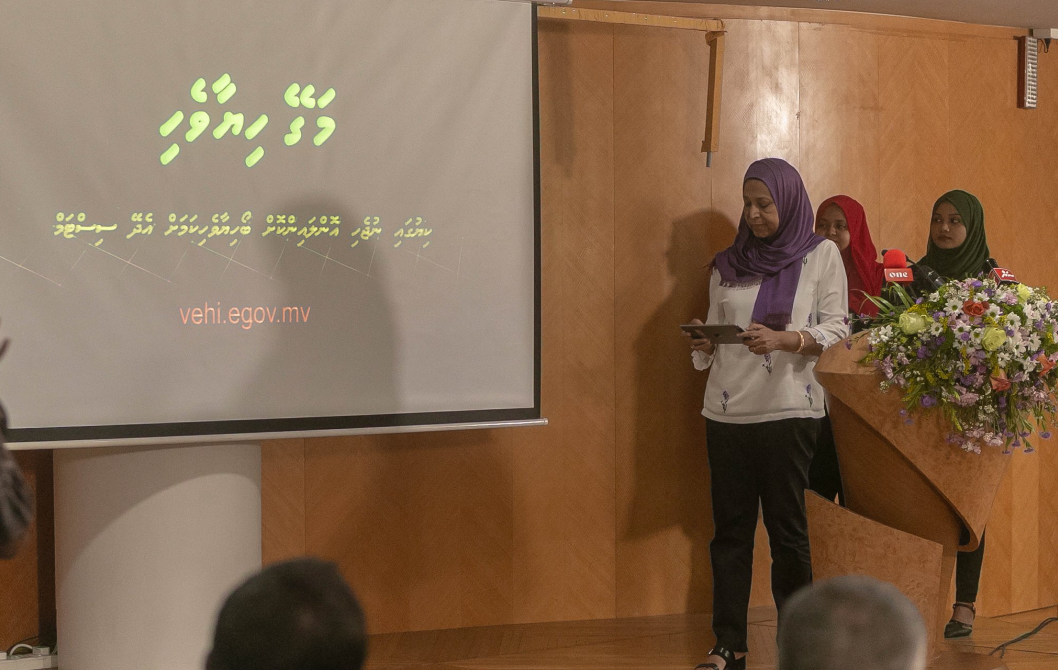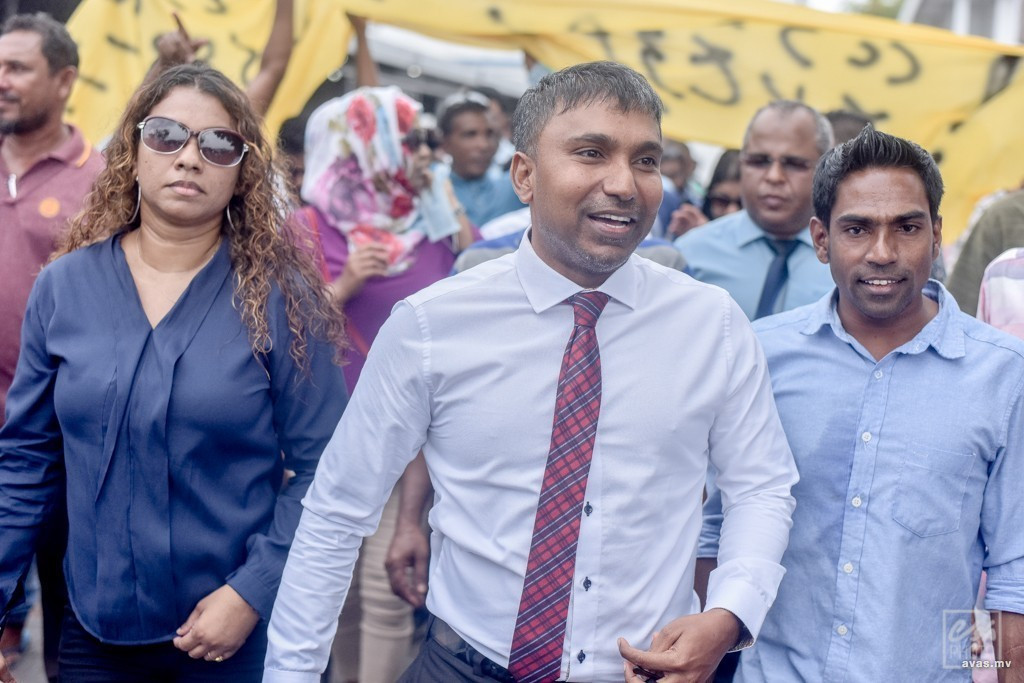Maldives confirms more than 2,000 new Covid-19 cases for a second consecutive day
1,348 of the over 2,000 new infections were detected from the congested capital

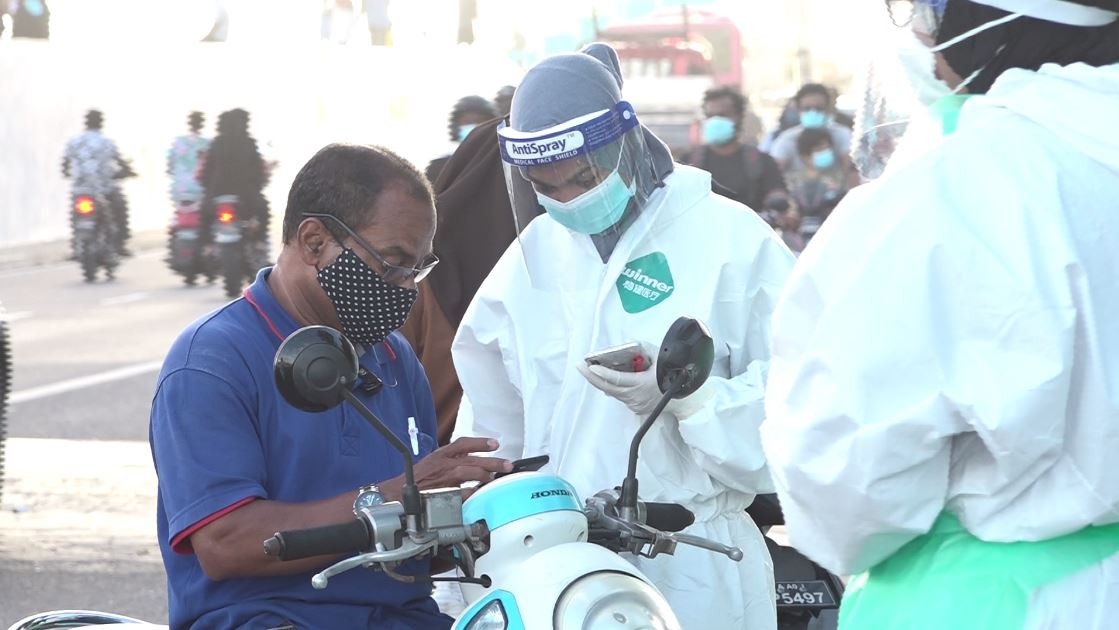
Samples being collected for Covid-19 testing
Maldives has confirmed more than 2,000 new Covid-19 cases for a second consecutive day.
According to the latest figures publicized by the Health Protection Agency (HPA), it is also the second consecutive day Maldives has been reporting over 1,000 infections from the congested capital, Greater Malé Region.
2,199 new Covid-19 cases and 1,232 additional recoveries were confirmed between 6pm Wednesday and 6pm Thursday.
A total of 6,598 samples were tested for the infection in the reporting period, of which 3,910 samples were collected across the capital, where the Covid-19 positivity rate sat at 34 percent by sundown on Thursday.
1,348 of the over 2,000 new infections were detected from the congested capital, 531 across residential islands outside of the capital and 83 from operational resorts.
This means that active Covid-19 cases across Maldives have hiked to 10,537 from the previous day’s 9,574.
With this development Maldives total Covid-19 case count has been pushed to 110,931.
The additional recoveries reported on Thursday have pushed the total number of patients who have recovered from the virus across the country to 100,112.
Hospital admissions remained unchanged from the previous day at 43.
This is the 16th consecutive day Maldives has been reporting alarming daily figures, especially in the congested capital region.
Maldives reported its first Covid-19 fatality in April 2020 and since then, the death toll has risen to 269. Four victims were reported on Thursday. Seven Covid-19 fatalities have been confirmed so far this year.
Although Maldives had maintained the Covid-19 caseload at low daily figures across the capital region in recent months, cases across the capital have been spiking recently. The caseload across the capital has been spiking since New Year’s. As such, it has been five days since Maldives has been confirming more than 1,000 daily infections. Due to this, HPA recently tightened safety measures across the Greater Malé Region.
As such, gatherings, events and parties with more than 50 persons are disallowed, with those hosting such gatherings cautioned to follow the guidelines set by the authority. In addition, night and city markets have been prohibited, with sports activities closed off to the public as well. In addition to this, those traveling from the capital region will be required to present negative PCR certification valid 72 hours prior if they have passed 14 days since completing both doses of Covid-19 vaccine.
Further, those who have not completed their vaccine shots will be required to undergo a mandatory quarantine period of 14 days and will only be released upon a negative PCR result.
The public health authority revealed that sample collection centers will be open at Social Center, Villimalé and Hulhumalé.
At a time the caseload has been spiking, the island nation recently celebrated the New Year, where large groups of people thronged the capital’s suburbs and other regions to welcome the new year. It is to be noted that the caseload hiked following the New Year last year as well.
The public has been urged to get vaccinated, adhere to guidelines set place in hosting events and gatherings and even in the work environment to prevent the risk of widespread infection.
Maldives confirmed the first case of the new, more transmissible variant of Covid-19, ‘Omicron’ on 5 December 2021. Since then, the public health authority has revealed that more cases have been surfacing.
Research indicates that those who have recovered from Covid-19 are at a high risk of contracting the new variant, dubbed a “variant of concern” by the World Health Organization (WHO).
The country has been in a state of public health emergency for nearly two years now, since 12 March 2020. It was extended a 22nd time to expire on January 29.
